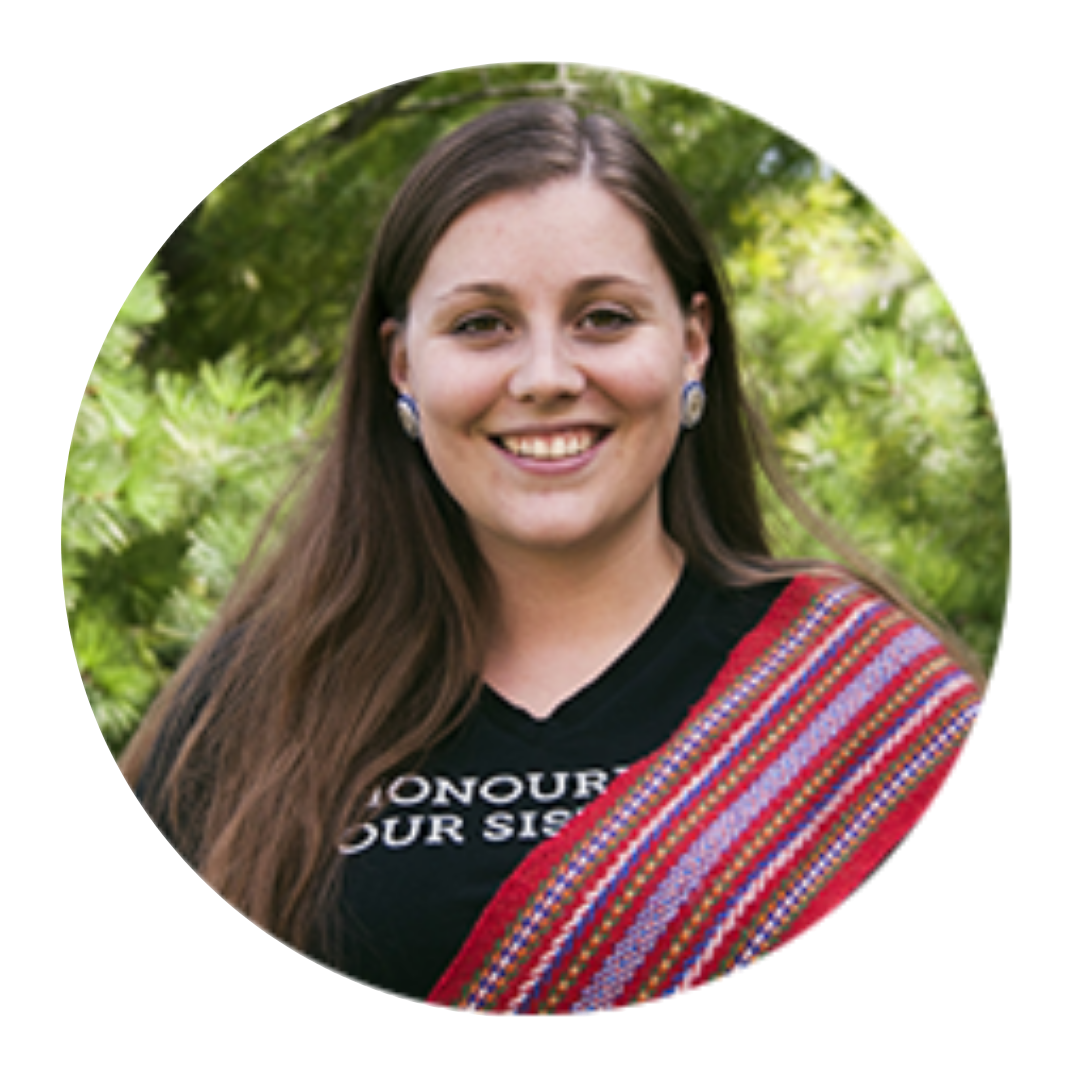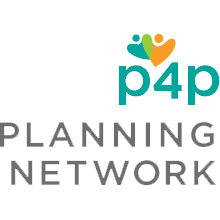
Jordan’s Principle is a child-first principle for First Nation’s children, including children with disabilities, named in honour of Jordan River Anderson. For First Nations children who also face the impact of discrimination, colonization, and additional barriers to supports, Jordan’s Principle can provide funding to access the services they need, when they need them, regardless of where they live.
In this webcast you will learn:
- Who is eligible for Jordan’s Principle funding
- Heath, social and educational needs supported by Jordan’s Principle
- How to apply, or support a family to apply, for this important funding
A live Q&A will follow the webcast. The webcast will be recorded and made available following the live event for one month.

Molly Ramussen
Born and raised on the unceded territory of the Anishinabek, which includes the Ojibwa of Fort William First Nation, signatory to the Robertson Superior Treaty of 1850, (Thunder Bay, Ontario), Molly Rasmussen (she/her) is of Croatian, Scandinavian, and Slovak descent. She has lived, worked, studied, and played on unceded Algonquin lands (Ottawa, Ontario) for the last eight years. Molly has an Honours Bachelor of Arts degree in Human Rights and Social Justice, and a Master of Arts degree in Sociology with research interests that include comparative settler colonial and genocide studies, global anti-colonial resistance, and international solidarity movements.
Molly is inspired by the many opportunities for teaching and learning that take place throughout our lives and is passionate about the promotion of accurate historical accounts and truth-telling in Canada. She is honoured to be part of the Caring Society team and support First Nations children, youth, and families through research, education, and community engagement.

Brittany Matthews
Brittany Mathews (she/her) is Michif and a member of the Métis Nation of Alberta. Her family more recently comes from St. Paul, Alberta with kinship relations from St. Francois Xavier in Manitoba. Brittany has been working in the areas of public education and policy in support of Indigenous children, young people and women"s rights for eight years through both professional and community organizing paths. Brittany has an Honours Bachelor of Arts in Indigenous Studies and a minor in Conflict Studies and Human Rights from the University of Ottawa.
She is honoured to have worked alongside First Nations, Métis and Inuit youth to research and write reports on ethical accountability mechanisms and ethical research requirements when organizations and individuals conduct research with Indigenous youth. In addition, Brittany is dedicated to elevating the collective vitality of First Nations, Métis, and Inuit through community organizing and creative outlets.



